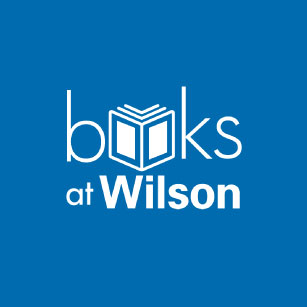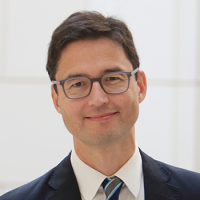Book Talk | Putin's Revenge: Why Russia Invaded Ukraine
In February 2022, Russia invaded Ukraine in a bloody escalation of a conflict that had begun eight years earlier. What drove Vladimir Putin to launch Europe’s largest land war since World War II? Kennan Institute Advisory Council member Lucian Kim offers a gripping, definitive account of Russia’s path to war, from Ukraine’s 2004 Orange Revolution and the 2014 Maidan uprising right up to the full-scale invasion.
Putin’s Revenge features insight from Kim’s first-hand reporting on key moments, such as Russia’s occupation of Crimea and the beginning of the Russian-backed insurgency in eastern Ukraine. This book tells the story of the lead-up to the invasion with revelatory detail and fresh analysis, shedding new light on a conflict that has roiled the post–Cold War order.
Related Publication

Putin's Revenge: Why Russia Invaded Ukraine
Speaker

International Crisis Group
Moderator

Hosted By

Kennan Institute
After more than 50 years as a vital part of the Wilson Center legacy, the Kennan Institute has become an independent think tank. You can find the current website for the Kennan Institute at kennaninstitute.org. Please look for future announcements about partnership activities between the Wilson Center and the Kennan Institute at Wilson Center Press Room. The Wilson Center is proud of its historic connection to the Kennan Institute and looks forward to supporting its activities as an independent center of knowledge. The Kennan Institute is committed to improving American understanding of Russia, Ukraine, Central Asia, the South Caucasus, and the surrounding region through research and exchange. Read more


History and Public Policy Program
A leader in making key foreign policy records accessible and fostering informed scholarship, analysis, and discussion on international affairs, past and present. Read more


Global Europe Program
The Global Europe Program is focused on Europe’s capabilities, and how it engages on critical global issues. We investigate European approaches to critical global issues. We examine Europe’s relations with Russia and Eurasia, China and the Indo-Pacific, the Middle East and Africa. Our initiatives include “Ukraine in Europe”—an examination of what it will take to make Ukraine’s European future a reality. But we also examine the role of NATO, the European Union and the OSCE, Europe’s energy security, transatlantic trade disputes, and challenges to democracy. The Global Europe Program’s staff, scholars-in-residence, and Global Fellows participate in seminars, policy study groups, and international conferences to provide analytical recommendations to policy makers and the media. Read more


